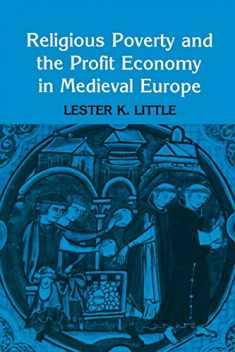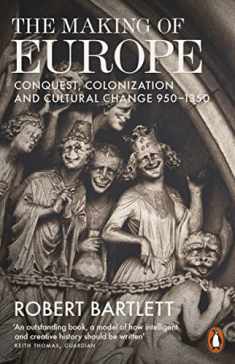
Commerce before Capitalism in Europe, 1300–1600
Book details
Summary
Description
In Commerce before Capitalism in Europe, 1300-1600, Martha C. Howell challenges dominant interpretations of the relationship between the so-called commercial revolution of late medieval Europe and the capitalist age that followed. Howell argues that the merchants, shopkeepers, artisans, and consumers in cities and courts throughout Western Europe, even in the densely urbanized Low Countries that are the main focus of this study, were by no means proto-capitalist and did not consider their property a fungible asset. Even though they freely bought and sold property using sophisticated financial techniques, they preserved its capacity to secure social bonds by intensifying market regulations and by assigning new meaning to marriage, gift-giving, and consumption. Later generations have sometimes found such actions perplexing, often dismissing them as evidence that business people of the late medieval and early modern worlds did not fully understand market rules. Howell, by contrast, shows that such practices were governed by a logic specific to their age and that, however primitive they may appear to subsequent generations, these practices made Europe's economic future possible.


We would LOVE it if you could help us and other readers by reviewing the book
Book review





